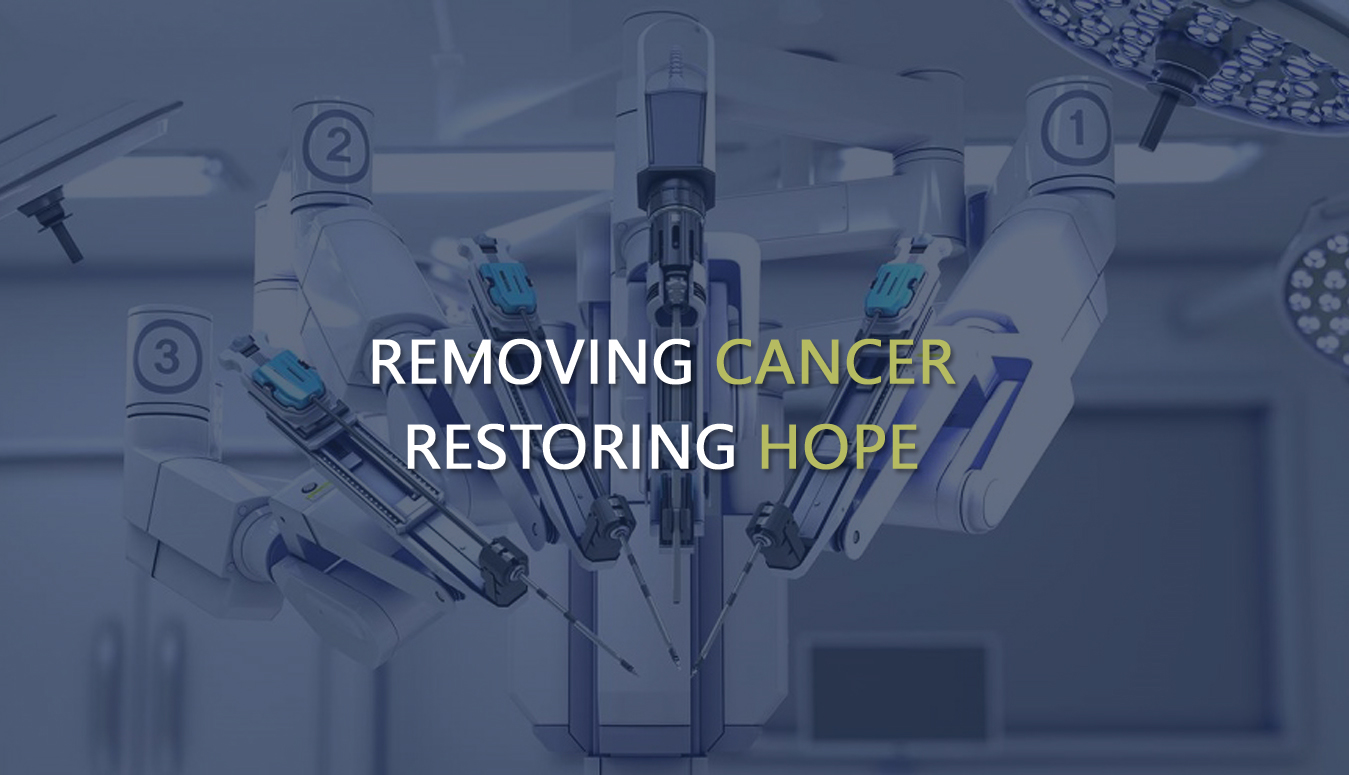Maxillectomy Procedures for Oral Cavity Cancer
Oral cavity cancer is a formidable adversary, but with the expertise of Dr. Yash Chaddha, Head & Neck Oncosurgeon specializing in surgical oncology and robotics, patients have access to cutting-edge treatments. At the NHMMI Narayana Superspeciality Hospital in Raipur, Chhattisgarh, Dr. Chaddha offers a range of oncosurgical procedures, including the highly specialized maxillectomy. This procedure is critical for patients diagnosed with cancer in the maxillary region of the oral cavity.
Understanding Maxillectomy: Total and Partial
Maxillectomy is a surgical procedure that involves the removal of the maxilla, or upper jawbone, to treat cancer that has spread to this region. There are two primary types of maxillectomy: total and partial.
- Total Maxillectomy: This involves the removal of the entire maxilla. It is a comprehensive procedure often necessitated by extensive cancer spread. Total maxillectomy may include the resection of adjacent structures depending on the tumor's extent and location. Post-surgery, patients may require reconstructive surgery to restore function and aesthetics.
- Partial Maxillectomy: In cases where the cancer is localized, a partial maxillectomy, which involves removing only a portion of the maxilla, may be performed. This approach aims to preserve as much of the healthy tissue as possible while ensuring complete cancer removal. Partial maxillectomy is less invasive compared to its total counterpart and often results in a quicker recovery.
Indications and Preoperative Planning
The indication for a maxillectomy is typically confirmed through comprehensive diagnostic evaluations, including imaging studies like CT scans, MRI, and PET scans, along with biopsy results. Dr. Yash Chaddha and his multidisciplinary team meticulously plan each surgery, considering factors such as the tumor's size, location, the patient’s overall health, and potential impact on functions like speech, swallowing, and facial aesthetics.
Preoperative planning also involves discussing the procedure with the patient and their family, addressing any concerns, and outlining the steps of the surgery, expected outcomes, and rehabilitation process. Dr. Chaddha prioritizes patient education, ensuring that individuals are fully informed and comfortable with their treatment plan.
Surgical Procedure and Techniques
During a total or partial maxillectomy, Dr. Chaddha employs advanced surgical techniques, often incorporating robotic-assisted surgery to enhance precision. The use of robotics allows for minimally invasive approaches, reducing blood loss, minimizing tissue trauma, and promoting quicker recovery times.
- Total Maxillectomy Procedure: This surgery begins with an incision in the gum or facial skin, depending on the tumor's location. The maxilla is then carefully detached from surrounding structures, with meticulous attention to preserving vital nerves and blood vessels. If necessary, adjacent tissues such as the nasal cavity or orbital floor may also be resected.
- Partial Maxillectomy Procedure: Similar to the total procedure, but the removal is limited to the affected portion of the maxilla. This approach helps maintain the integrity of the healthy bone and soft tissue, contributing to better postoperative functionality.
Postoperative Care and Rehabilitation
Post-surgery, patients are closely monitored in a specialized recovery unit. Pain management, infection prevention, and wound care are critical components of postoperative care. Dr. Chaddha’s team includes skilled oncologists, nurses, and rehabilitation specialists who work together to support patients through their recovery journey.
Rehabilitation is a crucial aspect of the post-maxillectomy phase. Speech and swallowing therapy, along with physical therapy, are integral to helping patients regain their pre-surgery quality of life. For those who undergo total maxillectomy, reconstructive surgery, such as free flap reconstruction, may be necessary to restore facial structure and function.
Follow-Up and Long-Term Care
Regular follow-up appointments are essential to monitor for any signs of recurrence and to manage long-term effects of the surgery. Dr. Chaddha emphasizes a holistic approach, incorporating nutritional guidance, psychological support, and regular screenings to ensure comprehensive care.
Consultations and Appointments
Dr. Yash Chaddha’s expertise is accessible to patients at the NHMMI Narayana Superspeciality Hospital in Raipur, Chhattisgarh. Additionally, Dr. Chaddha holds OPD consultations on every 1st and 3rd Saturday at Metro Balaji Hospital, Raigarh, Chhattisgarh, providing convenient access to his specialized care.
Conclusion
Maxillectomy, whether total or partial, is a complex yet life-saving procedure for patients with oral cavity cancer. Under the expert care of Dr. Yash Chaddha, patients receive not only advanced surgical treatment but also a comprehensive support system aimed at ensuring the best possible outcomes. If you or a loved one is facing a diagnosis of oral cavity cancer, consider consulting with Dr. Chaddha to explore the most effective treatment options tailored to your specific needs. Contact NHMMI Narayana Superspeciality Hospital in Raipur or Metro Balaji Hospital in Raigarh to schedule your appointment and take a crucial step towards recovery.
 help
help


